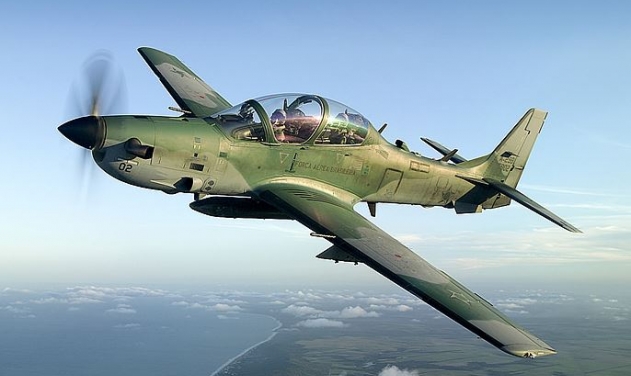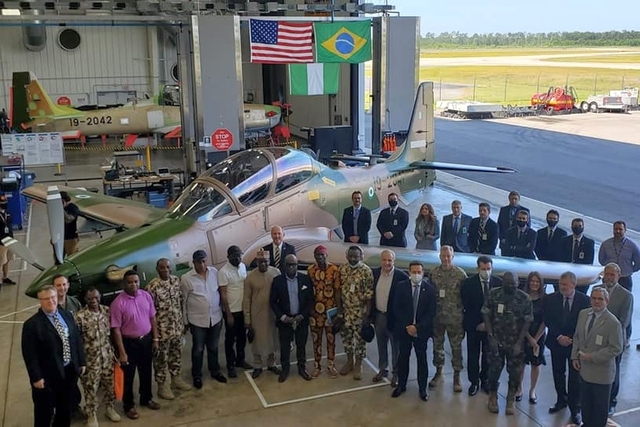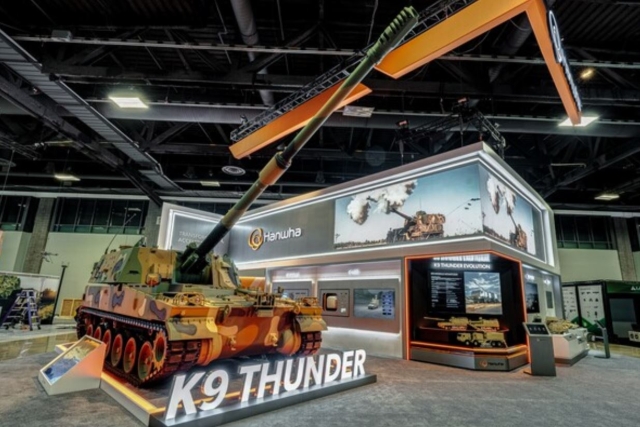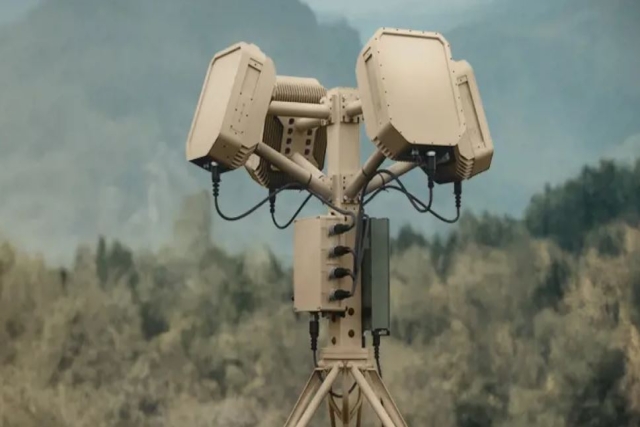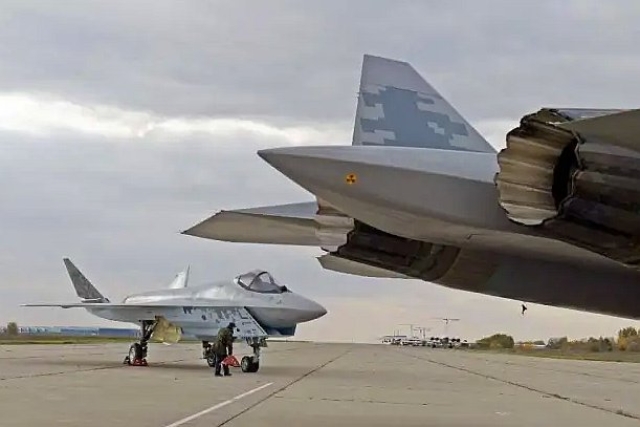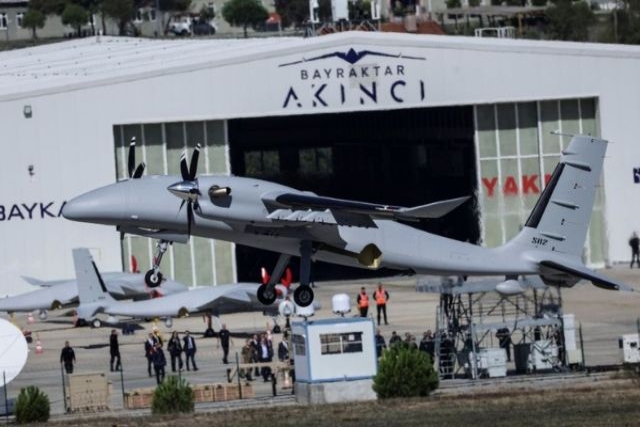Nigerian Air Force Inducts A-29 Super Tucano Aircraft
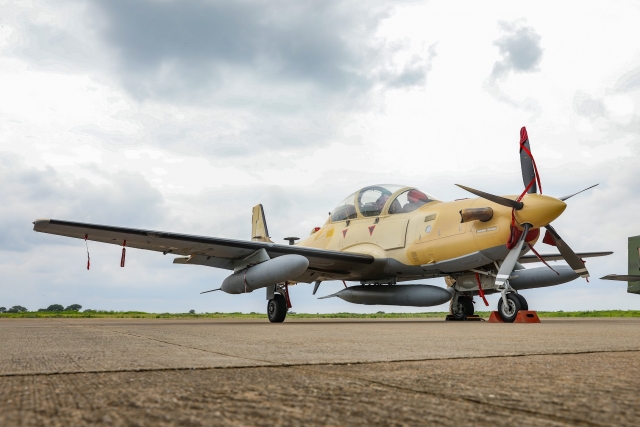
The Nigerian Air Force inducted A-29 Super Tucano aircraft it signed a contract for four years ago, on August 31.
The induction ceremony was hosted by Nigerian Minister of Defence Bashir Salihi Magashi and the Nigerian Air Force. The country received first six of 12 planes from thr United States in July.
"The Nigerian Air Force is one of our key partners that plays a critical role in furthering regional security and stability," said Gen. Jeff Harrigian, U.S. Air Forces in Europe-Air Forces Africa commander. "This ceremony symbolizes the strength of our unique partnership and underscores the value of training and working together."
Precision targeting, air-to-ground integration, and human rights training are all included in the partnership between the U.S. and Nigeria. The aircraft will assist the Nigerian Air Force in their fight against violent extremist organizations including the Islamic State West Africa Province. The joint structure of air-to-ground integration also supports Nigerian Army and Navy operations.
Nigeria purchased the A-29s through the Foreign Military Sales program, which follows the Department of Defense’s “Total Package Approach” model and includes spare parts for several years of operation, contract logistics support, munitions, and a multi-year construction project to improve Kainji Air Base infrastructure. The total sale is valued at almost $500 million, making it the largest FMS program in sub-Saharan Africa.
The A-29 can perform intelligence, surveillance, reconnaissance, and precision air-to-ground strikes, strengthening Nigeria’s ability to fight terrorism.
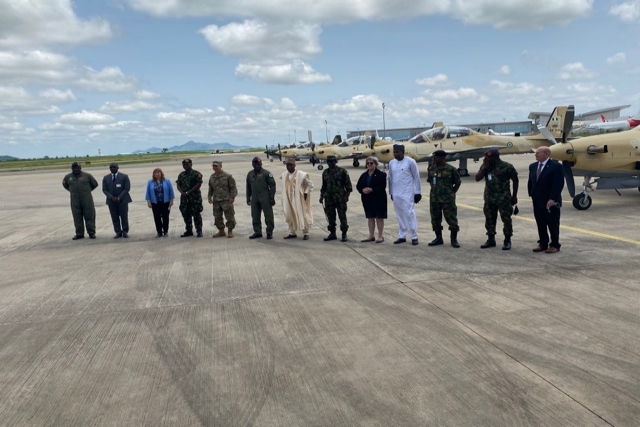
A total of 64 pilots and maintainers from the Nigerian Air Force trained to U.S. standards with the U.S. Air Force’s 81st Fighter Squadron at Moody Air Base in Georgia, USA. Training also emphasized the Law of Armed Conflict and civilian casualty mitigation, which are fundamental principles of the Nigerian military’s professional education and training.
As part of the program, the U.S. Army Corps of Engineers is providing $36.1M in infrastructure support to the A-29s’ home base, Kainji Air Base, including earth-covered magazines and aircraft sunshades, a new airfield hot cargo pad, perimeter and security fencing, airfield lights, and various airfield apron, parking, hangar, and entry control point enhancements.
The infrastructure package also includes a flight annex wing building for simulator training as well as munitions assembly and storage and small arms storage. USACE has also stationed a project engineer at Kainji to provide ongoing maintenance and assistance.
